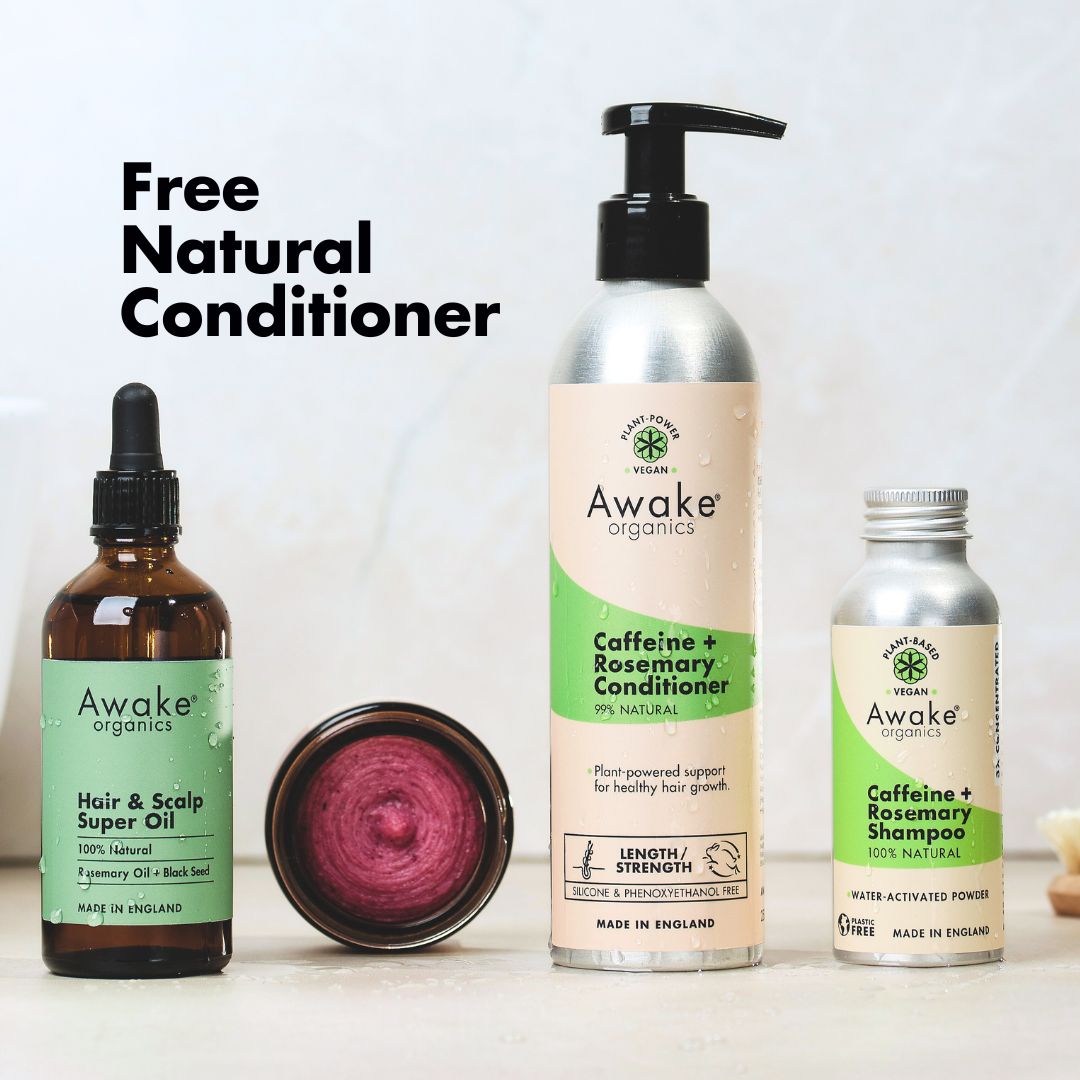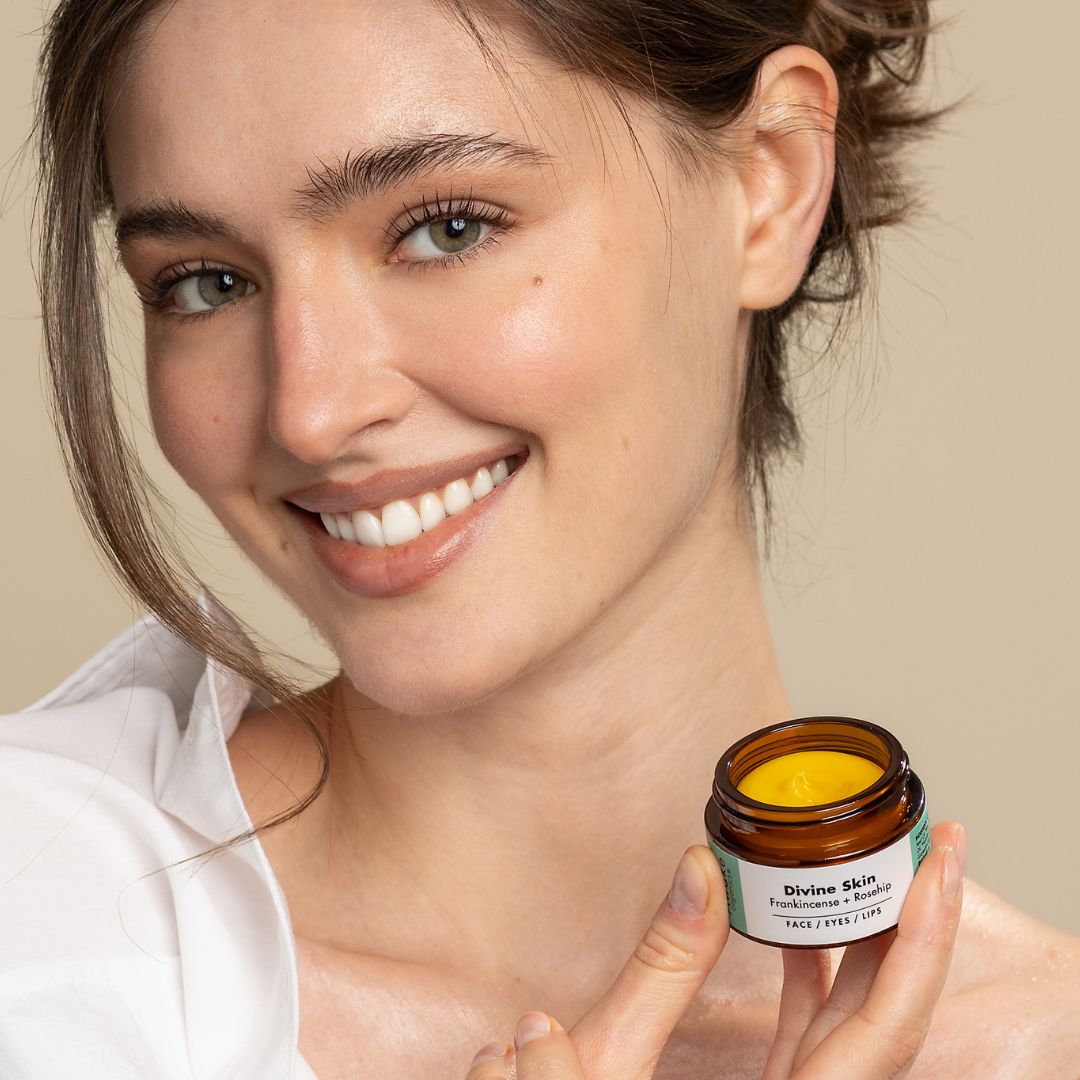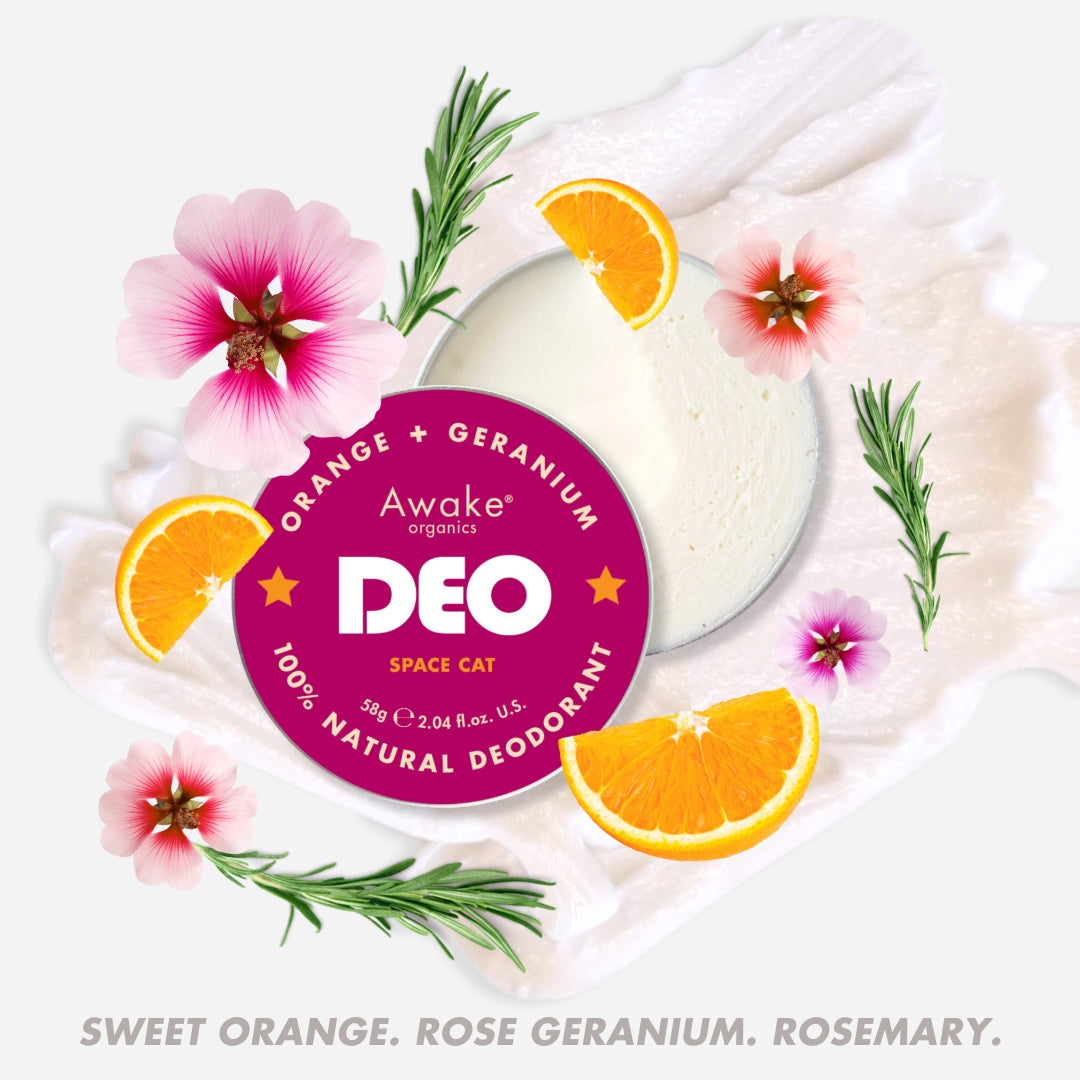Recently there has been a lot of online chatter about avoiding seed oils. The claim is that seed oils are "toxic" due to their refining process or high concentration of polyunsaturated fats (PUFAs). This is a blanket approach to a complex subject.
Let's Dive Deeper.
What are Seed Oils?
Seed oils are oils that are extracted from seeds, such as hemp seeds, sunflower seeds, chia seeds, rosehip seeds, castor seeds, and many more. Seeds produce the vast majority of edible and cosmetic plant-based oils.
All plant-based oils, including seed oils, naturally contain PUFAs, which are essential fatty acids (fats our bodies need and can’t produce). There are two main types of PUFAs: Omega-3 and Omega-6. PUFAs are naturally abundant in nuts, seeds and fatty fish, and all plant-based oils contain varying levels of PUFAs whether they are cold-pressed or refined, room temperature or heated.
Seed oils are found in ultra-processed foods, commonly used for frying foods, and degrade when exposed to high temperatures. They are also used widely in the cosmetic industry where they are applied topically (external use).
Eating Seed Oils vs. Topical Application
There is a very important difference between consuming seed oils and applying them topically on your skin, hair, and scalp.
Topical application of plant-based and seed oils is shown to have hydrating, barrier-preserving, and even wound-healing properties. This is because the essential fatty acids they contain are not heated or digested. Rather, they are recognised by, and absorbed into, the skin.
"(Sunflower) seed oil has been shown to preserve stratum corneum integrity and improve hydration of the adult skin without inducing erythema."1
However when consumed, the PUFA Omega-6 (Linoleic acid) in seed oils is suspected of breaking down (oxidising) into harmful byproducts2 in the digestive system, potentially contributing to inflammation and obesity3. If seed oils are exposed to high temperatures prior to consumption (deep frying), the Linoleic acid can oxidise further, degrading them even before they are eaten.
Seed Oil Extraction Methods Explained
There are two types of fruit, kernel and seed oil extraction methods, and it's important to understand the difference between them.
- Cold-pressed. Cold-pressed oils are extracted with mechanical pressing tools to crush raw seeds or plant material, and the oil is separated and filtered without the use of heat or chemical additives. This method, sometimes called expeller-pressed, retains the nutrients, antioxidants and essential fatty acids of the unadulterated oil.
- Refined. Refined oils may use hexane, water and/or heat to extract and separate the oil from the seeds or plant matter. Not all refined oils are heated at high temperatures. The refining process destroys some of the nutrients, antioxidants and essential fatty acids in the oil, but does not remove them completely. The finished product can still be classed as an organic oil if the original plant material was grown organically. This is because it will contain no traces left behind by the extraction process.
Side Note: There are many levels of refinement. Further refining can take place after the chemical refining process; bleaching and deodorising. This involves stripping out everything that would leave behind any trace of scent, taste and colour. Bleached and deodorised seed oils are not generally used by natural skincare brands, but they are the number one choice for ultra-processed food producers. Ultra refined, bleached and deodorised seed oils are far removed from the cold-pressed varieties.
Will Seed Oils Oxidise on Skin?
Plant-based and seed oils that contain PUFAs are prone to oxidation when exposed to high temperatures (mainly in food or caused by over-refinement), light and oxygen (long periods on-shelf and/or stored in transparent containers). When applied to skin, the PUFAs in seed oils can oxidise in sunlight if the cosmetic formulation does not contain an antioxidant to counter the effect.
Experienced cosmetic formulators most often use Vitamin E or Tocopherol at a 0.5-2% concentration, which is the science-backed ratio that prevents PUFAs from oxidising in the product and once applied to the skin4. The addition of Vitamin E or Tocopherol is powerful enough to extend the shelf life of the wider formulation. This is why you will notice Vitamin E (or Tocopherol) listed in the ingredients of nearly every professional skin, hair and body care formulation.
“Vitamin E … exerts its main function(s): stabilisation of the membrane and protection of DHA from oxidative damage”5
Topical Seed Oils are Good for Skin, Hair and Scalp
A cold-pressed, plant-based or seed oil is the gold-standard in skincare and haircare. This variety of unheated oil will have a stronger cosmetic benefit profile than a refined version of that same material.
Both cold-pressed and refined oils (not the bleached and deodorised grade above) serve a purpose in skincare, haircare and body care. For example, unheated refined seed oils could be preferable to use as a carrier oil because they don't hold as much colour or scent as cold-pressed varieties. However, they would impart strong moisturising benefits and allow a formulator to avoid using mineral oil or silicones, which are not healthy and have a harsh environmental impact.
Organic vs. Conventional Seed Oils
Now that we know unheated seed oils are good in skincare and haircare products, let’s discuss the quality of the originating plant material.
All natural plant oils are extracted from a part of the plant. This is usually the seed (hence the term "seed oil") but can also be the kernel, and occasionally the fruit. If the plant material is organic, it will always produce a higher quality oil than a non-organic variety, no matter which part of the plant is extracted. This is because plants that are grown organically do not rely on synthetic pesticides or fertilisers, and are not sprayed routinely throughout their growing cycle. Instead, they must battle-on through harsh conditions, which often concentrates their nutrient density. It also means that the seed that was planted in the first place was an organic seed, not a genetically modified organism (GMO).
The oil produced from organic plant material will score higher in antioxidant, nutrient and mineral levels and it will often have a deeper colour and stronger scent profile. The only disadvantage is that organic crops are more volatile and can be prone to damage cause by pests and climate, often reducing yield when demand is high. That means organic seed oils will be more expensive than those that are conventionally grown.
Are Seed Oils Toxic in Food?
Knowing what we do about the seed oil refinement process, and their predisposition to oxidation, it's probably wise to avoid consuming large amounts of fried and ultra-processed foods. However, there is always a flip-side. There are several scientific peer reviews that state PUFAs don't increase inflammation when taken in a moderate diet, and that Linoleic acid is an essential fatty acid required for human health.
"Virtually no data are available from randomized, controlled (...) studies among healthy (...) human beings to show that the addition of (Linoleic acid) to diets increases markers of inflammation." 6
Most ultra-processed foods contain seed oils, as well as high levels of sugar, GMOs, and preservatives, while lacking fibre and nutrients. Inflammation, disease and obesity may also be connected to these other ingredients commonly found in the western diet.
The Bottom Line About Seed Oils
While you might not want to eat fried or ultra-processed foods containing seed oils, there's no need to avoid seed oils in your skincare, haircare or body care products. Especially if your products are made with organic, cold-pressed seed oils (the gold-standard) and have added Vitamin E or Tocopherol. When applied topically, skincare containing seed oils and added Vitamin E or Tocopherol has not been linked to inflammation, disease or obesity.
In fact, seed oils are naturally high in antioxidants, essential fatty acids and nutrients, which are anti-inflammatory when applied topically. There are many studies that show the topical application of seed oils helps to speed wound-healing, repair the skin barrier, and may reduce oxidative stress that causes premature ageing.7
By avoiding all topical application of seed oils, whether cold-pressed or refined, you will miss out on a lot of skin and hair benefits. And you may find your products are full of mineral oil or silicones instead.
References for Further Reading
1 Anti-Inflammatory and Skin Barrier Repair Effects of Topical Application of Some Plant Oils
2 Biogenic Aldehyde-Mediated Mechanisms of Toxicity in Neurodegenerative Disease
3 Conversion of Linoleic Acid to Arachidonic Acid in Human Adults
5 Vitamin E Function and Requirements in Relation to PUFA
6 Too Much Linoleic Acid Promotes Inflammation—Doesn’t It?
7 Natural Oils for Skin-Barrier Repair: Ancient Compounds Now Backed by Modern Science



